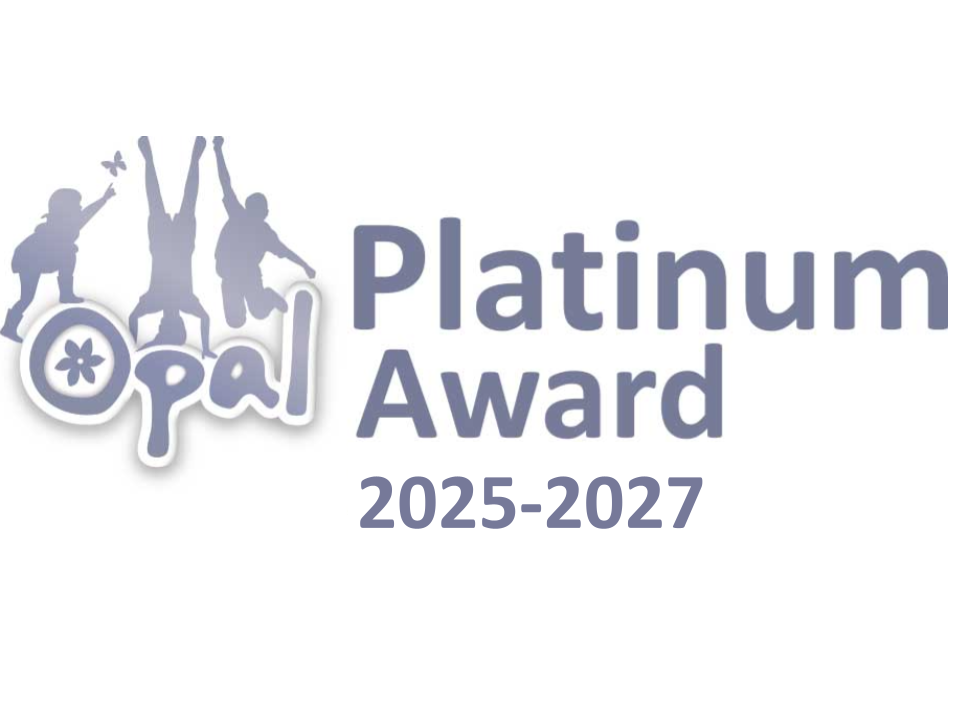Early Years
Early Years Foundation Stage - Our Aims
At the Trumpington Federation, our aims in the Early Years are to:
• support children to make a planned, confident transition from home to school
• provide a happy, caring, safe and secure environment for learning
• plan learning experiences that meet the individual needs and interests of the children through a balanced provision of adult led and child initiated opportunities

• support children to become competent and confident learners so they are able to reach their full potential
• provide a broad and balanced high quality curriculum in line with the Early Years Foundation Stage guidance
• foster positive home school links with parents and other care providers.
The Early Years Foundation Stage Framework
The Early Years Foundation Stage Framework sets out the learning and development stages for children as they grow from birth to five years. For those working in the early years - whether in a nursery, pre-school, a childminder or in a reception class in school - the EYFS outlines what they need to do to support your child.

Please see an accessible, easy to use parents' guide here:

The Characteristics of Effective Learning
The 'Characteristics of Effective Learning' underpin all we do:
Playing and Exploring - children investigate and experience things, and ‘have a go’
Active Learning - children concentrate and keep on trying if they encounter difficulties, and enjoy achievements
Creating and Thinking Critically - children have and develop their own ideas, make links between ideas, and develop strategies for doing things

The Seven Areas of Learning
Early Years learning is broken up into 7 areas of learning as detailed below
Communication and language development
Being with others can be a challenge for some children as there are now new distractions.

This area of learning aims to help your child build on their listening and attention skills so that they can focus on what is important at relevant times.
It also helps them to develop their understanding skills so that they are able to follow instructions given to them. Connecting ideas, responding appropriately, and communicating their needs are all supported in 'Speaking', the final aspect of this area of learning.

Literacy
This is more than just being able to read and write. Sharing stories with your child helps them hear a wide range of vocabulary as well as getting them to develop a love for reading themselves.

Listening to conversations around them helps them to make sense of words and this in turn allows them to become confident writers.
From creating lists for the shopping to retelling of stories they've heard, the skills they learn in this area will help them feel confident to tackle any word or sentence!

Personal, Social and Emotional Development
To ensure that your child is able to learn, they must first feel safe. This area aims to help your child to develop the skills so that they are able to feel safe amongst their peers and with the adults supporting them.

It will help them form relationships with others as well as becoming more confident when facing new challenges.
When things don't go according to plan, they will also be supported so that they control their feelings as well as understand how to behave in different situations.

Mathematics
Making sense of the mathematical world isn't just about being able to say the numbers in order.

Understanding the amount each numeral represents, the different ways it can be created and spotting patterns in number will help your child to become confident in their approach to Number.
Being able to measure and compare things like weight, length and time are all important skills also covered in this area.

These skills will help your child make sense of the world around them as well as and make connections between things they observe.
Expressive Arts and Design
So much can be achieved through a song and a dance. Using their imaginations in pretend play, or making up songs and stories, and responding to music through sound and movement, this area provides a chance for children's interests to shine.

Being able to explore different materials and tools to produce different pieces of art work is another way for them to become even more imaginative.

Physical Development
The first part of this area is designed to help your child have control over their gross and fine motor skills - the big movements they need to balance, climb, throw and catch, run or dance

and the detailed control they need to manipulate tools such as scissors or to hold a pencil and make marks or form letters.

The second part of this area is to help your child make healthy choices, from knowing what foods will help keep them healthy to knowing what exercise they need to be doing to keep fit.
Understanding the World
Family members talking about their past experiences helps children to understand that there was time before them.

Children are encouraged to explore the awe and wonder of the natural world and to use technology when it is useful.

Being able to experience things in their local community and culture as well as other communities and cultures enables them to appreciate the similarities and differences in the world

This area provides the foundation for children to become well-rounded global citizens.

Early Years Curriculum
Please click below to see the progression documents for Early Years learning



